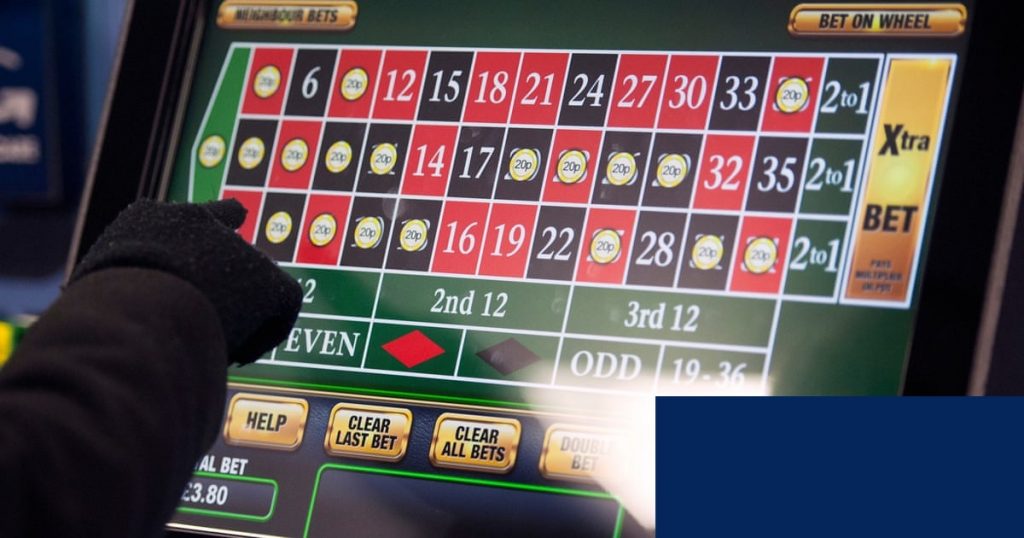
In recent years, the gambling industry has come under increased scrutiny for various social, economic, and ethical reasons. A notable concern revolves around the industry’s commitment to social responsibility, which includes its promises to contribute to charity funds as a means of giving back to society. It has come to light that the industry has failed to meet its charity donation targets, raising questions about its social responsibility. This article will delve into the ins and outs of the situation, investigating why the targets have not been met and the implications of this shortfall.
The gambling industry has long been associated with high profits and lavish lifestyles. However, alongside its glamour and glitz, the industry also faces its fair share of criticism. Among these is the issue of problem gambling, a severe social problem that can lead to personal bankruptcy, family breakdown, and in some cases, crime and suicide.
To mitigate these issues, many gambling companies have committed to supporting responsible gambling and social responsibility initiatives. One such commitment involves making substantial financial contributions to charities that deal with problem gambling, fund research into gambling addiction, and support affected individuals and their families. However, recent data suggests that the industry is falling short of these promises.
Reports have surfaced recently indicating that the gambling industry has failed to meet its charity donation targets. This failure is not just a marginal shortfall; it has been quite significant. The total amount that was promised to various charities across the country, and indeed globally, far outweighs the actual contributions made.
The shortfall is surprising and concerning for several reasons. Firstly, the gambling industry is well-known for its high profits, which should, in theory, allow it to comfortably meet its charity commitments. Secondly, these contributions are not just acts of goodwill; they are often conditions set out in the licenses granted to these businesses by regulatory authorities. Failure to meet these commitments not only damages the reputation of the companies involved but can also have serious legal implications.
The implications of the gambling industry failing to meet its charity donation targets are wide-ranging. For the charities that were expecting to receive these donations, it can be a severe blow. Many rely heavily on such contributions to continue their valuable work, supporting problem gamblers and funding critical research. With lower donations, their ability to help those in need can be severely hampered.
For the gambling companies, the failure to meet donation targets can harm their reputations and potentially their profits. Consumers, regulators, and investors alike may view this failure negatively, leading to a loss of trust and confidence in these businesses. Furthermore, companies that fail to meet their charitable commitments can face penalties from regulatory bodies, leading to financial and operational consequences.
Despite the shortfall, it’s important to remember that it’s within the industry’s power to rectify the situation. Indeed, several steps can be taken to ensure that future donation targets are met. These may include revising donation strategies, improving budgeting and financial management, and fostering a stronger culture of corporate social responsibility within the industry.
Greater transparency around donations could also be beneficial. If companies were to report their donations more openly and frequently, they would be held accountable by the public and regulators, encouraging them to meet their commitments.
The gambling industry’s failure to meet its charity donation targets is a serious concern that has far-reaching implications for charities, problem gamblers, and the industry itself. While the industry does face various challenges, it is crucial for it to honor its commitments and demonstrate its dedication to social responsibility. Through improved strategies, better management, and increased transparency, it is entirely possible for the industry to meet its future donation targets, supporting those most affected by problem gambling and contributing positively to society.
Q1: Why is it important for the gambling industry to donate to charity?
A: Donations from the gambling industry help fund research into gambling addiction and provide support services for problem gamblers and their families. It’s a way for the industry to give back to society and mitigate some of the negative impacts associated with gambling.
Q2: What are the consequences for gambling companies that fail to meet their donation targets?
A: Companies that fail to meet their donation targets can face several repercussions, including damage to their reputations, loss of trust from consumers and investors, and potentially financial and operational penalties from regulatory bodies.
Q3: What can be done to ensure that gambling companies meet their charity donation targets?
A: Some steps include revising donation strategies, improving financial management, fostering a culture of social responsibility within companies, and increasing transparency around donations. Regulatory bodies can also play a role in enforcing donation commitments.
July 27, 2024
July 27, 2024
July 26, 2024